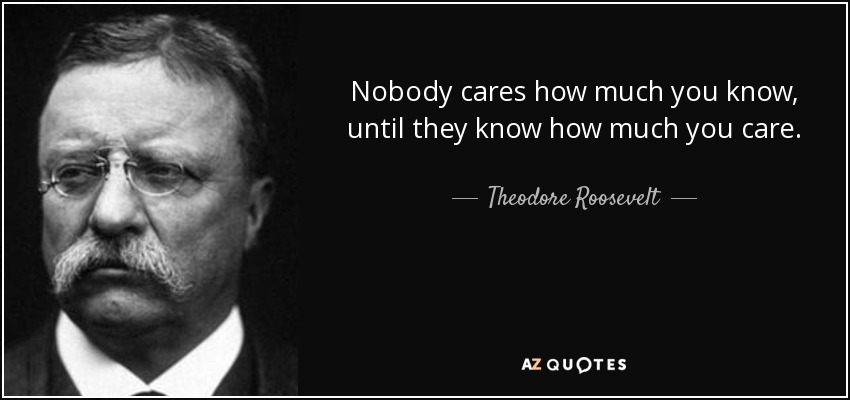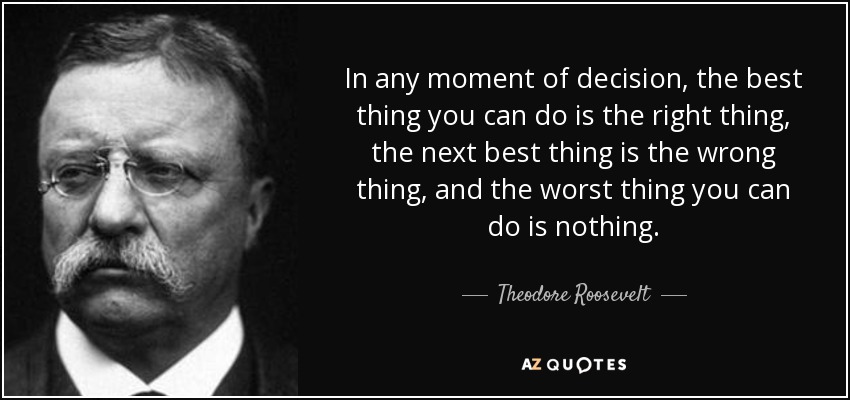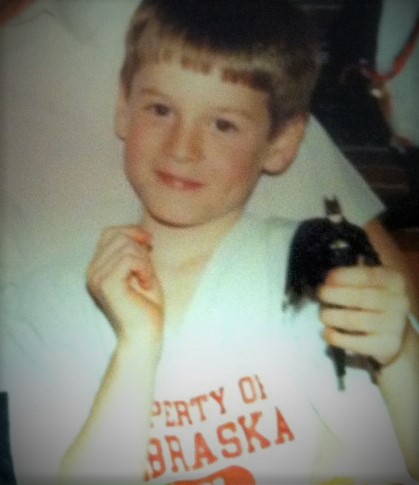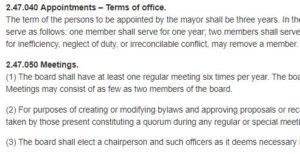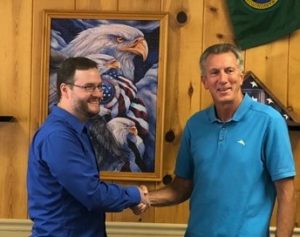My colleagues have already done an excellent job of breaking down inclusion and how to accomplish it in an academic setting.
Rather than echo what was already stated, I wanted to briefly discuss one of the barriers to inclusion: titles.
Titles, or labels, are either earned or given by society. Sometimes they relate to our cultural background, sometimes they relate to our level of education, and other times they simply seem to be bestowed without reason.
I do want to be clear. There is nothing wrong with having a title as a way to identify function or purpose. After all, most of us are professors, a title that denotes our specialization in the education of others in a particular field.
Most positions have a title: Biologist, Commissioner, Dean, Director, Doctor, Mayor, President, Professor… the world is not wanting from a lack of titles.
In their multitudes, however, titles have become barriers to inclusion as they are used to judge others or ourselves.
I have struggled to combat this thought process, the idea that someone is better or worse, smarter or less educated, simply by the title they carry. If a County Commissioner was at odds with a Level I Planner, or a Dean was at odds with the parents of a student, my initial inclination, without knowledge of the situation, was to side with the higher title.
On a personal level, I have seen others change their opinion of me, almost immediately, after finding I had gained or lost a certain title.
The problem with titles is that within each one there is an incredible range of talent, expertise, and intelligence:
Think about all the medical doctors you have ever met.
Were they all equally talented? Knowledgable?
Of course not. Yet, they have the same title, and sight unseen there is a tendency to put all doctors on the same level.
Categorization without knowing. The antithesis of inclusion.
Although I am personally still working on breaking free of title bias, I can say the first important step is to realize that titles denote a function, not intelligence, kindness, or capability.
They merely answer the question “What do you do?” not “Who are you as a person?”
As long as I can remember that, I know I am on my way to becoming a more inclusive individual.



